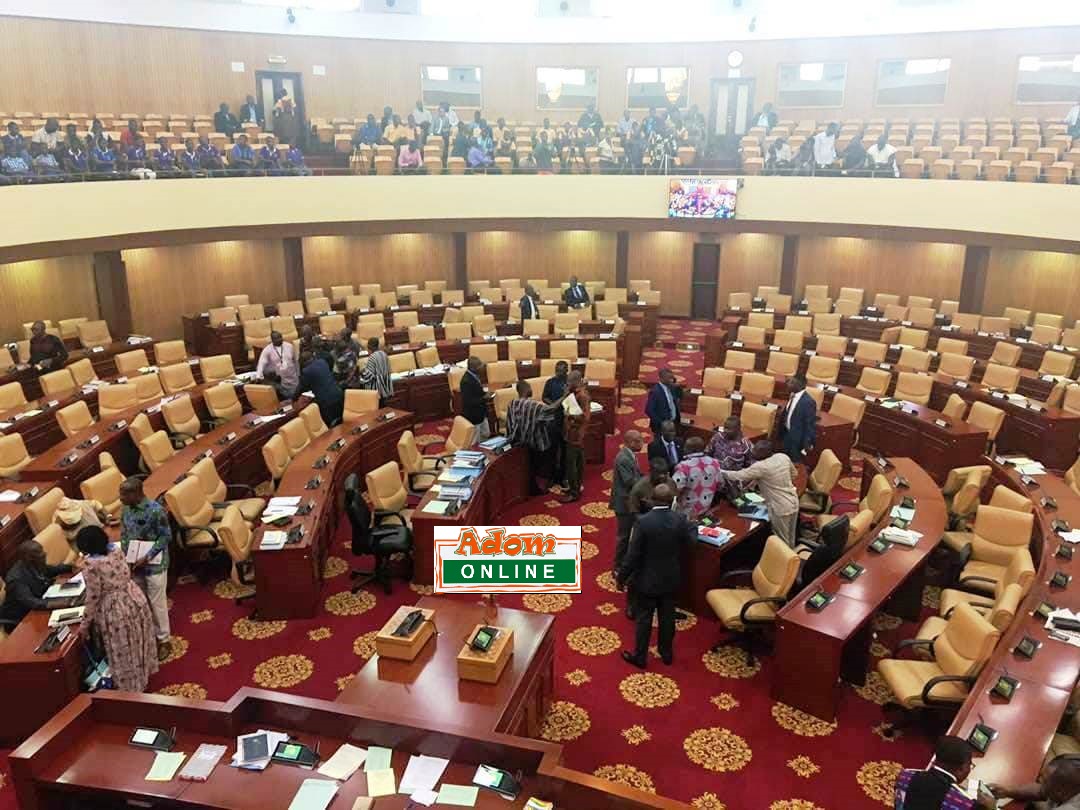The implementation of the Right to Information (RTI) Bill into law will cost government some ¢750 million over the next five years, a research conducted by Parliament has found.
This cost is in reference to the likely cost associated with the policy of establishing and operating an office for the RTI Commission in the next five years.
READ: Photos: Sam George presents bullet shells to Emile Short Commission
According
to the research, “the overall expenditure for establishing the Right to
Information Commission and its administrative cost is the total
addition of all components of cost.
“These costs are the costs incurred in paying salaries to all personnel and the cost involved in acquiring logistics, maintaining assets and rent as well as the cost of employing the Executive Secretary to efficiently manage and operate the office,” Parliament’s research said.
“The total cost for the next five years in present-day value is estimated at ¢750,746,327.48,” the research added.
READ: 2 friends remanded for defiling girl, 13
The research added, however, that if any of the underlying assumptions should change, the estimated cost will also be adjusted.
Joy
News’ Joseph Opoku Gakpo spoke to the Chairman of Parliament’s Legal
and Constitutional Affairs Committee who explained that people may have
to, in some instances, pay for the information they are seeking,
especially when it comes to the reproduction of information.
Ben Abdallah Bandah said, “if it will cost, for instance, a public institution ¢5.00 to reproduce information from a format to another in order to enable an applicant to access information, that applicant will pay just that cost.
READ: Azorka Boys a community Dev’t group – Sam George
“So that if the public intuition would have to buy a paper to make a photocopy
in order to get the information to the applicant and all that will cost
¢10.00, it is that ¢10.00 that the applicant will pay,” he said.
The Offinso South MP, however,
added that the charges will be determined by the Fees and Charges Act
and will be based on the volume of information that an applicant
requests for.
He expects government to be able to raise the ¢750 million as the passage of the Bill into law as it is one of the cornerstones of the smooth running of any country.
“So
anything that it will take the Central Government to ensure smooth
implementation of the RTI despite whatever the financial implication is,
I think the State would have to go and find the money.”
Information Minister, Kojo Oppong Nkrumah said government
is committed to passing the Bill into law and is willing to explore the
ways in raising the needed resources to meet the Constitutional
obligation.
He disclosed that government is going through all the processes of ensuring that the necessary resourcing and staffing are put in place before the Bill is passed.
“All
of us have to continue to the necessary revenue sources that will
ensure that we have the resourcing to deliver,” he said in response to
where the resources will come from to fund the implementation of the
Bill.
The Ofoase Ayirebi MP said government has proposed a number of measures that will ensure that there resourcing needed to delivery on the RTI in the 2020 budget.
“I am sincerely objective and hopeful that all of us will support,” he added.


